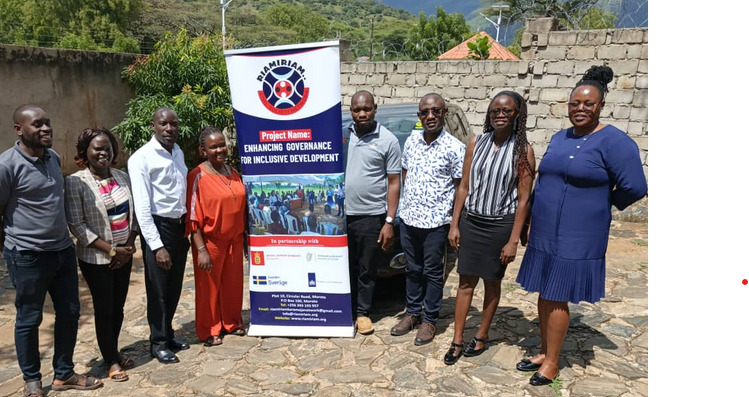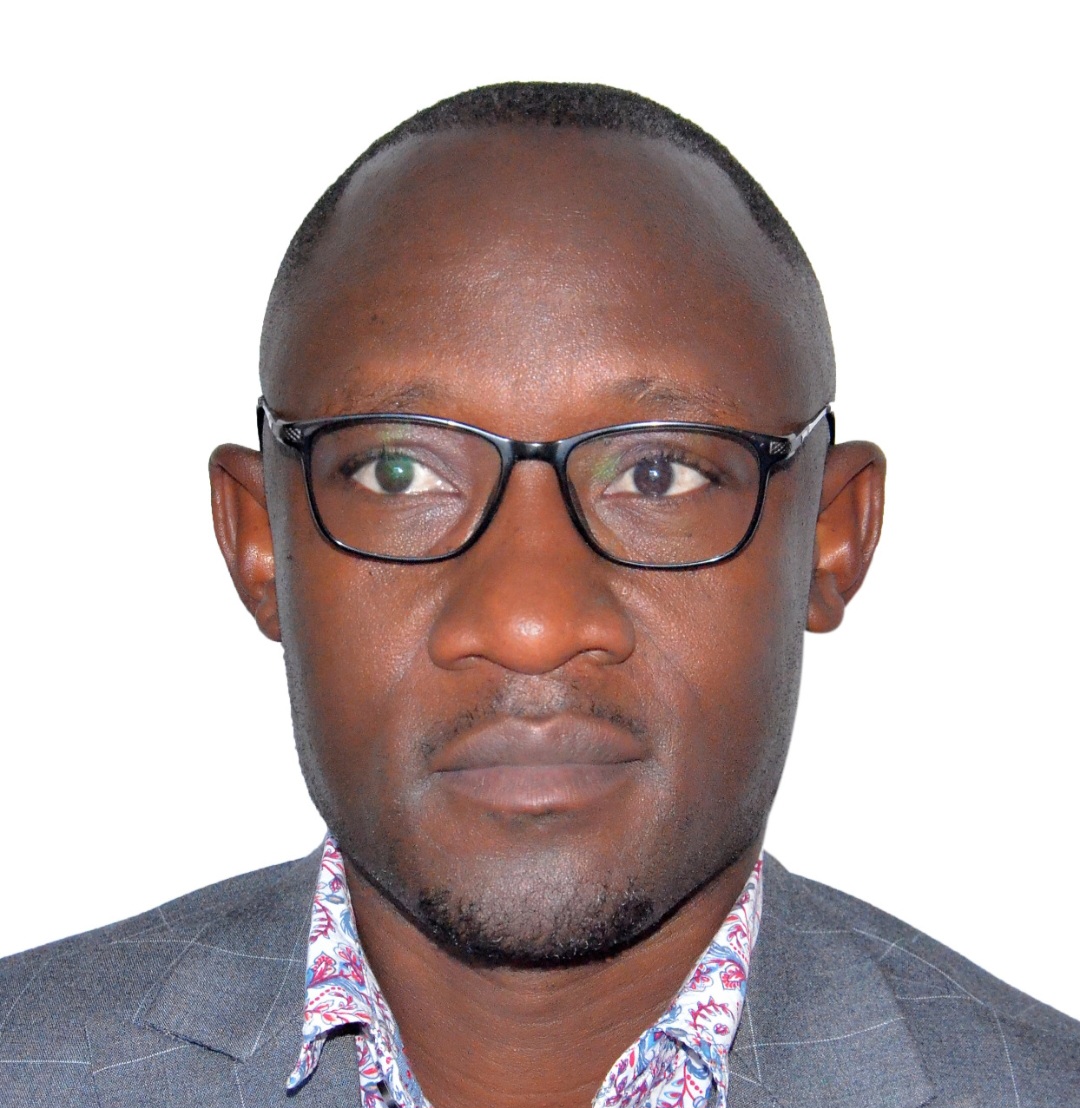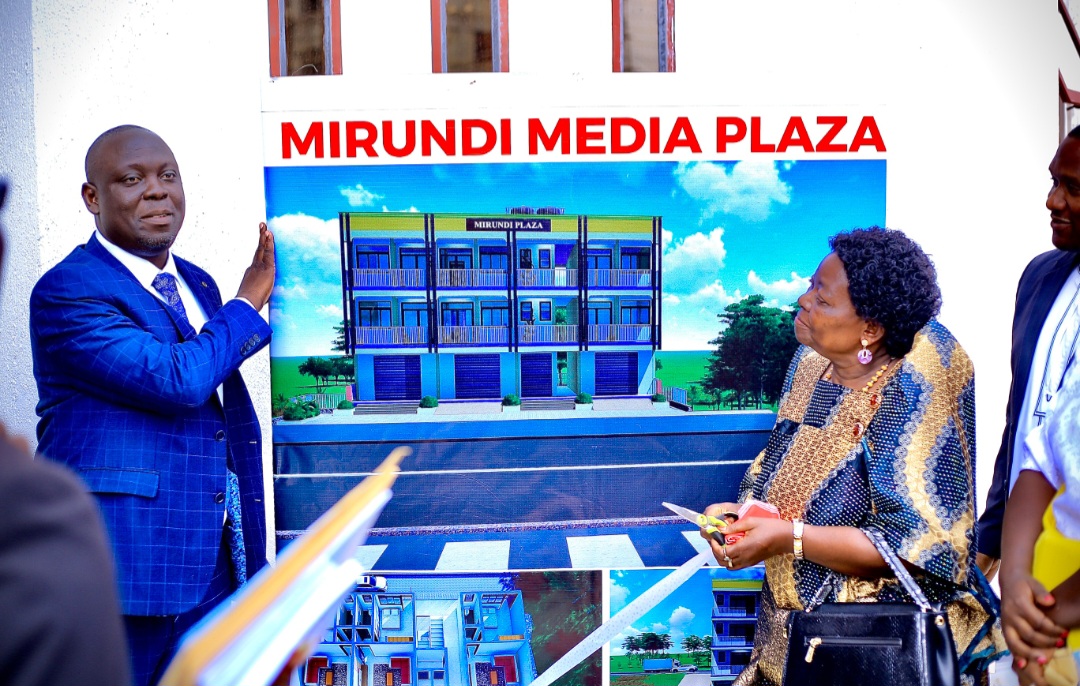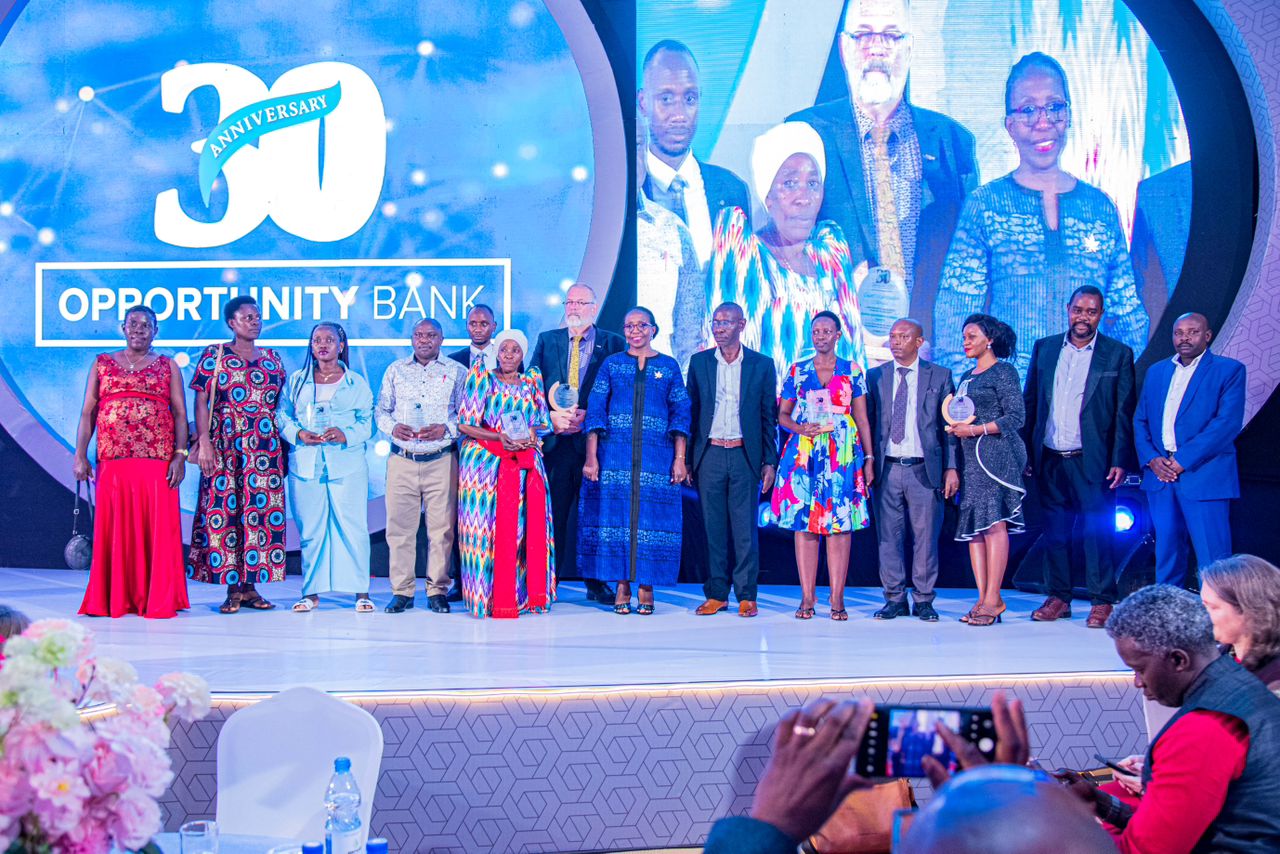Some readers may wonder why a Karamoja scholar would write extensively about the NGO landscape in Karamoja while also working within it. The answer is simple: after years in the region’s NGO sector, I know its strengths and I know its struggles. I cannot ignore the fact that, while generous donors are investing millions into Karamoja, indigenous NGOs are too often left on the sidelines.
More than three decades ago, Benjamin Paul Knighton warned: “If nothing is written about Karamoja, then the subregion will be forgotten” (Knighton, 1990). I refuse to let that happen. Which is why I must ask directly to both Karamoja NGOs and the donors who shape our development landscape: If others can secure large grants, what exactly is stopping Karamoja’s own organizations from doing the same?
This is not a theoretical question. Right now, substantial funding is flowing into the region. My concern and my argument is that indigenous Karamoja NGOs should be able to compete for and win such large grants, strengthening both their capacity and their self reliance.

Once again, I pose this question to Karamoja NGOs and to the RIAMIRIAM Civil Society Network: could part of the challenge be that some NGOs in Karamoja simply lack the necessary capacity? Furthermore, A report by the Konrad Adenauer Stiftung (2020) observed that many Ugandan NGOs are elite-driven, while Apolo Robin Nsibambi’s book, “Decentralisation and Civil Society in Uganda”, notes that NGOs are largely urban-based and concentrated in Kampala (Nsibambi, 1998). Might Karamoja NGOs be disadvantaged because they lack elite connections or are rooted in rural areas far from power centers?
The evidence in our region shows a mixed reality. A few indigenous NGOs are well resourced even affluent while many others survive “hand to mouth,” struggling year after year. When I explored why this gap exists, the answers varied: limited technical capacity, trust deficits, and even internal organizational issues.
My appeal to Karamoja NGOs and especially to RIAMIRIAM, as the umbrella body for CSOs in the region is this: let us reorganize, strengthen our collective voice, and engage donors with renewed unity and confidence.
And to donors interested in Karamoja: ensure that those who know the region best are not just participants but leaders in its transformation.
Ayub Mukisa (PhD)
Executive Director-Karamoja Anti Corruption Coalition
Email: ayubmukisa@gmail.com
Do you have a story in your community or an opinion to share with us: Email us at Submit an Article









